Looking for new ideas for writing a musical? A great place to start is the canon of works in the public domain.
What is the Public Domain?
The public domain refers to works that are not protected by copyright and are available for anyone to use, reproduce, or modify without seeking permission or paying royalties to the original creator or copyright owner. This includes books, music, art, and other creative works that have either entered the public domain because their copyright has expired, or that were created without copyright protection, such as government documents or works that have been explicitly dedicated to the public domain by their creators.
Once a work is in the public domain, anyone can use it for any purpose, including republishing, adapting, or incorporating it into new works without the need for permission or payment. However, it’s important to note that some uses of public domain works may still be subject to other legal restrictions, such as trademark laws or laws related to privacy or publicity rights.
One of the main benefits to using works in the public domain is that they can be used without fear of copyright infringement or other legal issues. Basically, you avoid the arduous task of locating the rights owners and securing permission to adapt. Additionally, musicals, plays and films based on works in the public domain are able to move forward without the financial weight of having to pay royalties or fees. And when your adaptation is complete, these works can be shared freely with others without worrying about any legal repercussions.
In the United States, copyright protection typically lasts for 70 years after the death of the author or creator. Therefore, new titles are released into the public domain each year as the copyrights for older works expire.
Examples of Adaptations of Works in the Public Domain
There are many popular films and musicals that are based on novels that are now in the public domain. Obvious examples include Disney’s Beauty and the Beast, which is based on the classic French fairy tale by Jeanne-Marie Leprince de Beaumont, as well as The Wizard of Oz, which is based on L. Frank Baum’s novel of the same name. Other popular titles include The Hunchback of Notre Dame, which is based on Victor Hugo’s novel, and Romeo and Juliet, which is based on William Shakespeare’s play.
Other examples of popular source material in the public domain:
- “Pride and Prejudice” by Jane Austen
- “The Great Gatsby” by F. Scott Fitzgerald
- “Little Women” by Louisa May Alcott
- “The Phantom of the Opera” by Gaston Leroux
- “Les Misérables” by Victor Hugo
- “Oliver Twist” by Charles Dickens
- “Alice’s Adventures in Wonderland” by Lewis Carroll
- “Dracula” by Bram Stoker
- “The Picture of Dorian Gray” by Oscar Wilde
- “Jane Eyre” by Charlotte Bronte
Think you can do it better? Go for it! All these titles are yours for the adapting!
Recent Releases to the Public Domain
- “The Great Gatsby” by F. Scott Fitzgerald (published in 1925)
- “Mrs. Dalloway” by Virginia Woolf (published in 1925)
- “An American Tragedy” by Theodore Dreiser (published in 1925)
- “Manhattan Transfer” by John Dos Passos (published in 1925)
- “The Trial” by Franz Kafka (published in 1925)
- “Gentlemen Prefer Blondes” by Anita Loos (published in 1925)
- “The Gift of the Magi” by O. Henry (published in 1905)
- “The Magic Pudding” by Norman Lindsay (published in 1918)
- “The Ragged Trousered Philanthropists” by Robert Tressell (published in 1914)
These works can now be freely used, adapted, and distributed without fear of copyright infringement.
Hot Off the Presses: Works Released to the Public Domain in 2023
On January 1, 2023, copyrighted works from 1927 entered the public domain. Looking for a musical idea? Grab one of these!
Books
- Virginia Woolf,To the Lighthouse
- Arthur Conan Doyle, The Case-Book of Sherlock Holmes
- Willa Cather, Death Comes for the Archbishop
- Countee Cullen, Copper Sun
- A. A. Milne, Now We Are Six, illustrations by E. H. Shepard
- Thornton Wilder, The Bridge of San Luis Rey
- Ernest Hemingway, Men Without Women (collection of short stories)
- William Faulkner, Mosquitoes
- Agatha Christie, The Big Four
- Edith Wharton, Twilight Sleep
- Herbert Asbury, The Gangs of New York (the original 1927 publication)
- Franklin W. Dixon (pseudonym), The Tower Treasure (the first Hardy Boys book)
- Hermann Hesse, Der Steppenwolf (in the original German)
- Franz Kafka, Amerika (in the original German)
- Marcel Proust, Le Temps retrouvé Vol. 1 & Vol. 2 (the final installment of In Search of Lost Time, in the original French)
Movies
- Metropolis (directed by Fritz Lang)
- The Jazz Singer (the first feature-length film with synchronized dialogue; directed by Alan Crosland)
- Wings (winner of the first Academy Award for outstanding picture; directed by William A. Wellman)
- Sunrise (directed by F.W. Murnau)
- The Lodger: A Story of the London Fog (Alfred Hitchcock’s first thriller)
- The King of Kings (directed by Cecil B. DeMille)
- London After Midnight (now a lost film; directed by Tod Browning)
- The Way of All Flesh (now a lost film; directed by Victor Fleming)
- 7th Heaven (inspired the ending of the 2016 film La La Land; directed by Frank Borzage)
- The Kid Brother (starring Harold Lloyd; directed by Ted Wilde)
- The Battle of the Century (starring the comedy duo Laurel and Hardy; directed by Clyde Bruckman)
- Upstream (directed by John Ford)
- Oswald the Lucky Rabbit (animated shorts; Ub Iwerks, Walt Disney)
Music
Keep in mind that only the musical compositions—the music and lyrics—are entering the public domain, not the recordings of these songs, which are covered by a separate copyright. For example, Irving Berlin’s words and music to Puttin’ on the Ritz were registered for copyright in 1927 and are now free for anyone to perform, record, or adapt into their own song. But the 1930 recordings by Harry Richman and by Fred Astaire are still copyrighted.
- The Best Things in Life Are Free (George Gard De Sylva, Lew Brown, Ray Henderson; from the musical Good News)
- (I Scream You Scream, We All Scream for) Ice Cream (Howard Johnson, Billy Moll, Robert A. King)
- Puttin’ on the Ritz (Irving Berlin)
- Funny Face and ’S Wonderful (Ira and George Gershwin; from the musical Funny Face)
- Can’t Help Lovin’ Dat Man and Ol’ Man River (Oscar Hammerstein II, Jerome Kern; from the musical Show Boat)
- Back Water Blues, Preaching the Blues, Foolish Man Blues (Bessie Smith)
- Potato Head Blues, Gully Low Blues (Louis Armstrong)
- Rusty Pail Blues, Sloppy Water Blues, Soothin’ Syrup Stomp (Thomas Waller)
- Black and Tan Fantasy and East St. Louis Toodle-O (Bub Miley, Duke Ellington)
- Billy Goat Stomp, Hyena Stomp, Jungle Blues (Ferdinand Joseph Morton)
- My Blue Heaven (George Whiting, Walter Donaldson)
- Diane (Erno Rapee, Lew Pollack)
- Mississippi Mud (Harry Barris, James Cavanaugh)
Overall, new titles being released into the public domain offer a wealth of material for anyone looking to explore copyright-free works. From classic literature to modern films, there are plenty of options available for those looking to take advantage of this unique resource!
For a comprehensive resource on titles in the public domain, visit The Center for the Study of the Public Domain.

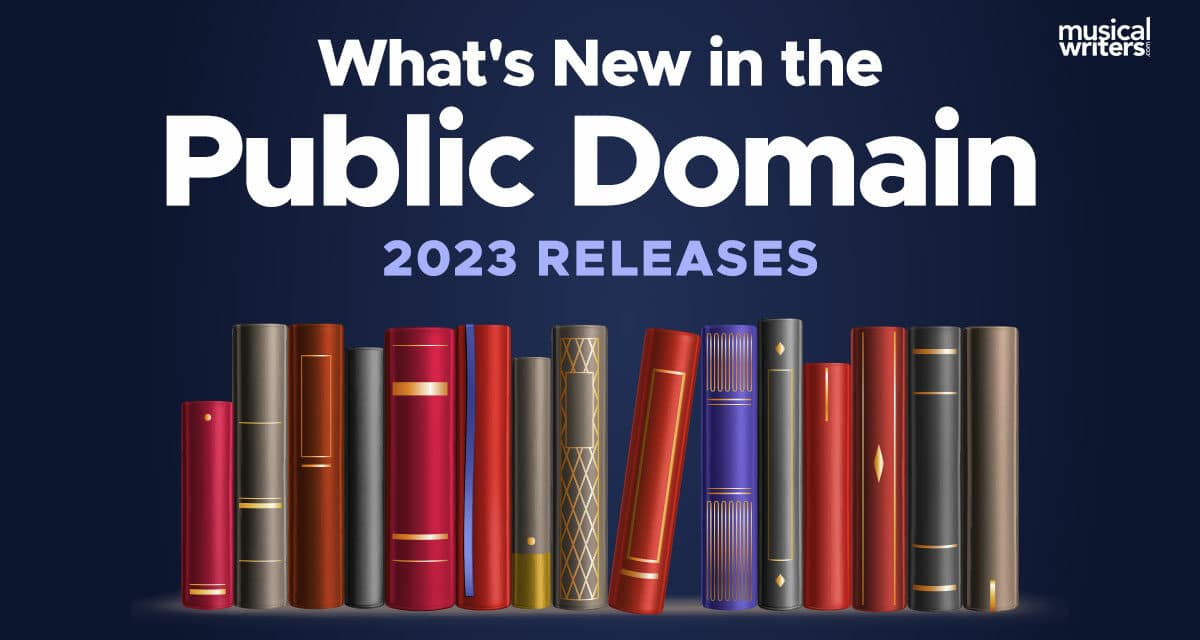
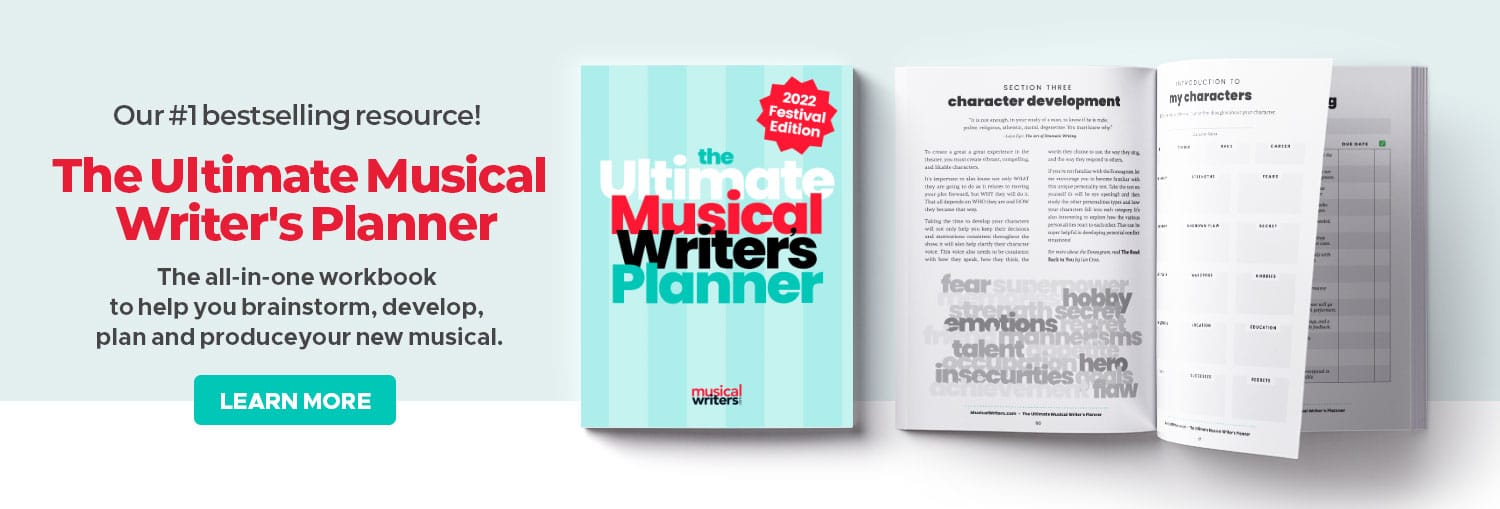
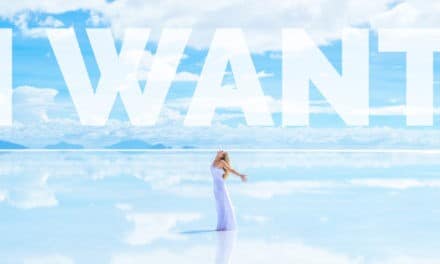
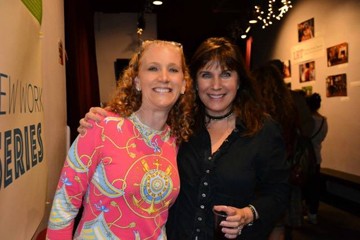
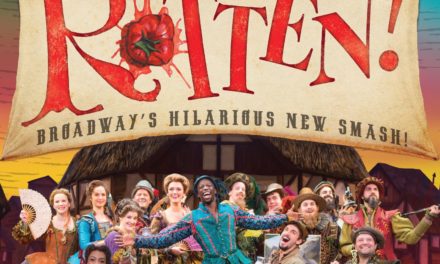


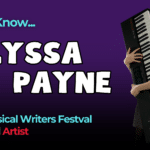

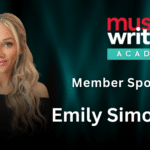
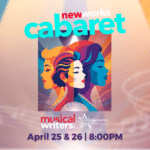






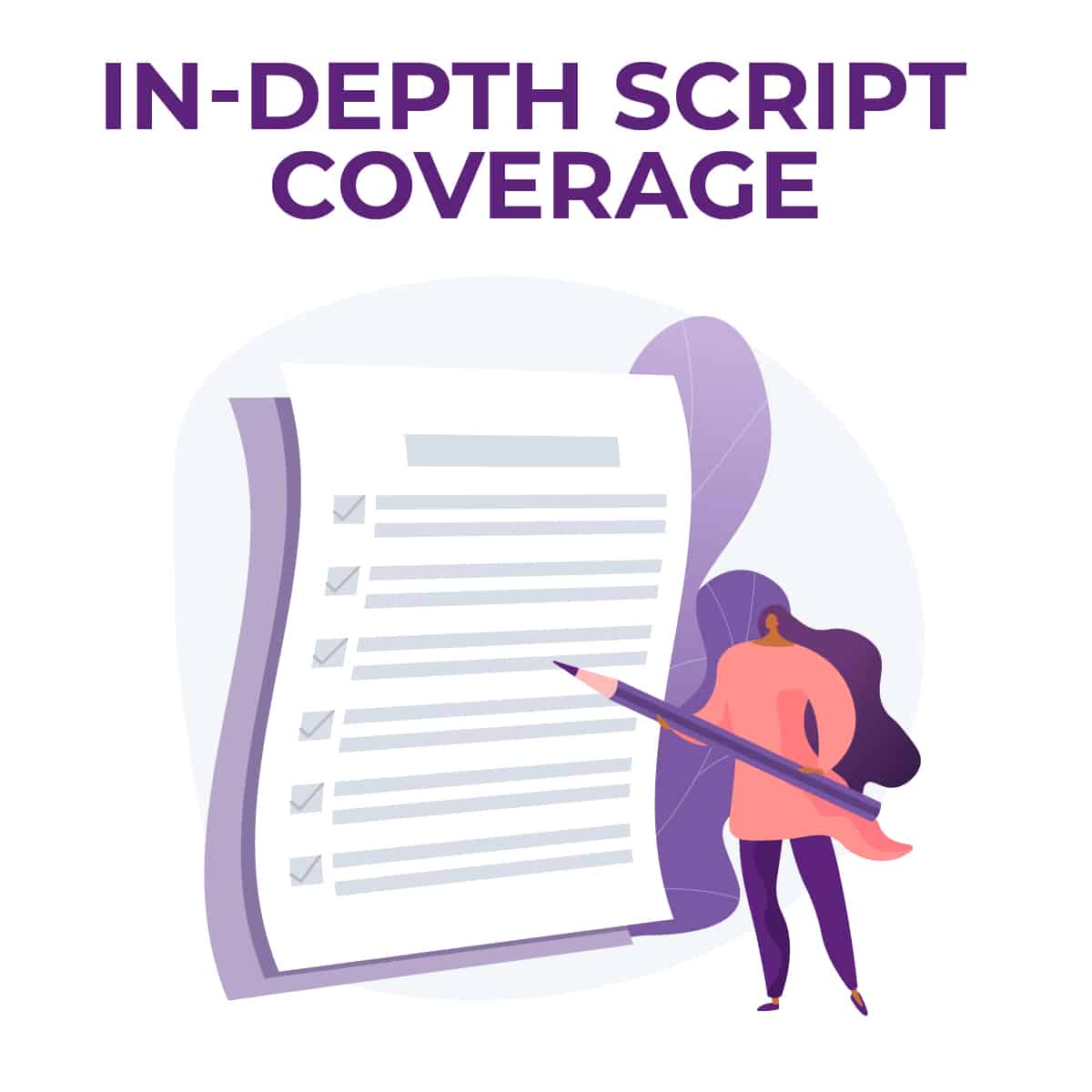

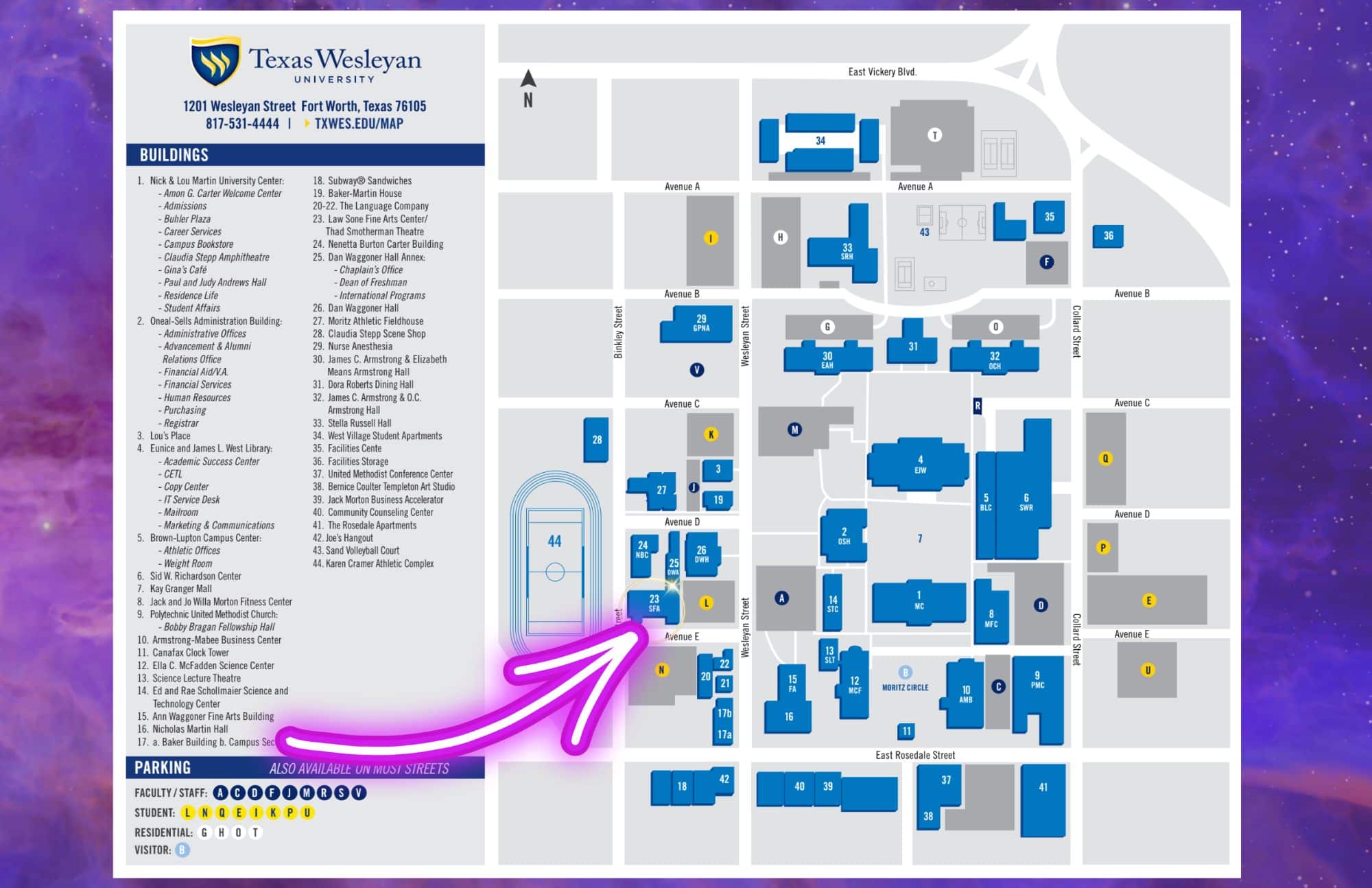
Thanks for great information. Here’s a tiny footnote. “Beauty and the Beast,” the classic fairy tale, is public domain. Disney’s animated film copyrighted with songs is probably not, even though it’s from the 1930’s (Copyrights can be renewed.) I don’t mess with the Mouse! 🙂 The same is true for “The Wizard of Oz” (original book is early 20th century and public domain. The MGM film with songs (and Ms. Garland) is probably not! That’s why in my “Oz” musical “Rainbow to Oz” I don’t use any material from the MGM film. If do don’t mess with copyrights, you’ll avoid legal fights! 🙂 Hugs2U DrSue
A membership to MusicalWriters just keeps on giving! This was an unexpected bonus. THANK YOU! 🙂
These 2 sentences seem contradictory:
“However, it’s important to note that some uses of public domain works may still be subject to other legal restrictions, such as trademark laws or laws related to privacy or publicity rights.
One of the main benefits to using works in the public domain is that they can be used without fear of copyright infringement or other legal issues”.
Also, are you saying that the Romeo and Juliet songs are public domain, also?
Thanks.
Would you be willing to clarify?
For the Romeo and Juliet songs, you’d need to see when those were published. That is derivative work and would not have the same origin date as the source material. As far as trademark laws, etc., here’s a good article that helps explain that: http://publicdomainsherpa.com/trademark.html. I’m not an attorney, so this is not legal advice and you’d want to consult an entertainment lawyer to help sort that out if you run into potential copyright issues or have detailed questions about a work. Hope that’s helpful—thanks for reaching out!